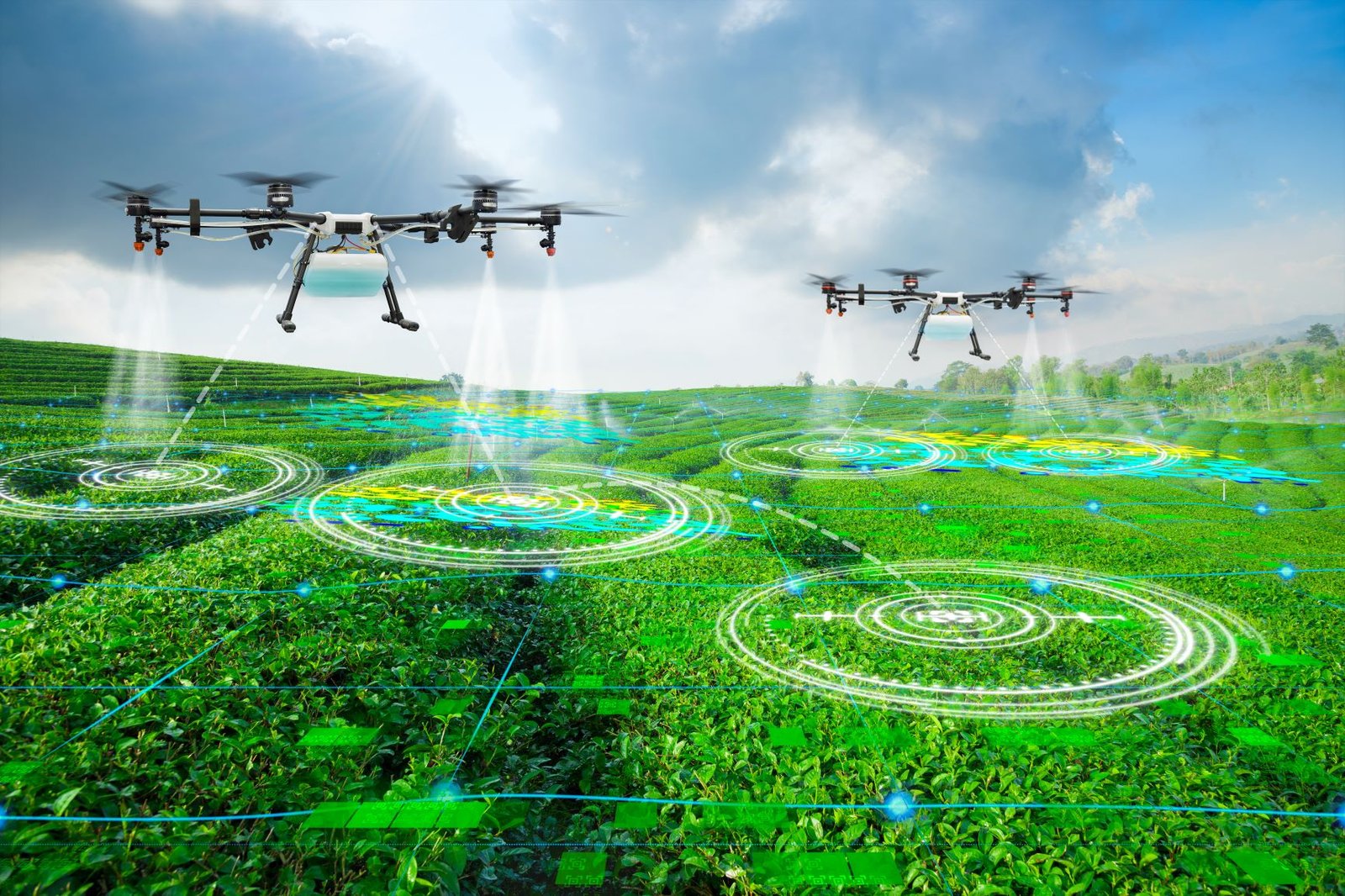
In a decisive step toward transforming India’s agricultural landscape, the Central Government has launched the Kisan Drone Yojana 2025, promising to put drone technology directly into the hands of farmers. With subsidies reaching up to 90 per cent and free pilot training included, the initiative is aimed at making smart, tech-enabled farming a mainstream reality—especially for smallholders.
The scheme is designed to empower India’s farmers to adopt drones for a range of agricultural activities—from spraying pesticides and fertilizers to surveying crops and detecting diseases early. For farmers from Scheduled Castes, Scheduled Tribes, and women-led Farmer Producer Organisations (FPOs), the scheme offers a massive 90 percent subsidy. Individual farmers are eligible for a 40 to 50 per cent subsidy, significantly reducing the cost barrier to owning and operating agricultural drones.
What makes the scheme stand out is not just the financial support, but the emphasis on hands-on training. Farmers will be given 5 to 10 days of free training at Krishi Vigyan Kendras (KVKs) and other authorised institutions. The training goes beyond just flying drones—it covers essential aspects like maintenance, safety, and crop-specific usage, helping farmers gain confidence in using the technology effectively.
A full drone kit will be provided under the scheme, which includes a spraying assembly, batteries, a charger, and tools like a downward camera, pH meter, and anemometer for field monitoring. This turnkey approach aims to ensure that the transition to drone-enabled farming is both smooth and productive.
The government has backed this initiative with a Rs 1,261 crore allocation under the Deendayal Antyodaya Yojana – National Rural Livelihood Mission (DAY-NRLM) to support women self-help groups (SHGs) in acquiring drones and related skills. The NaMo Drone Didi Yojana, which works in tandem with this scheme, plans to equip over 14,500 SHGs with drones by the end of FY 2025–26.
The broader goal of this initiative is to bring down manual labour, lower input costs, reduce health hazards from chemical exposure, and boost crop yields. By offering early disease detection and more precise application of inputs, drones can revolutionise farm management practices and increase profitability for farmers—particularly in regions vulnerable to labour shortages and climate stress.
The Centre’s push for drone-based agriculture underscores its long-term vision to modernise Indian farming practices, improve rural livelihoods, and build a tech-savvy agricultural economy.
With rising pressure on food systems and climate challenges mounting, Kisan Drone Yojana 2025 signals a bold, futuristic shift—one that puts technology at the service of India’s most vital sector.